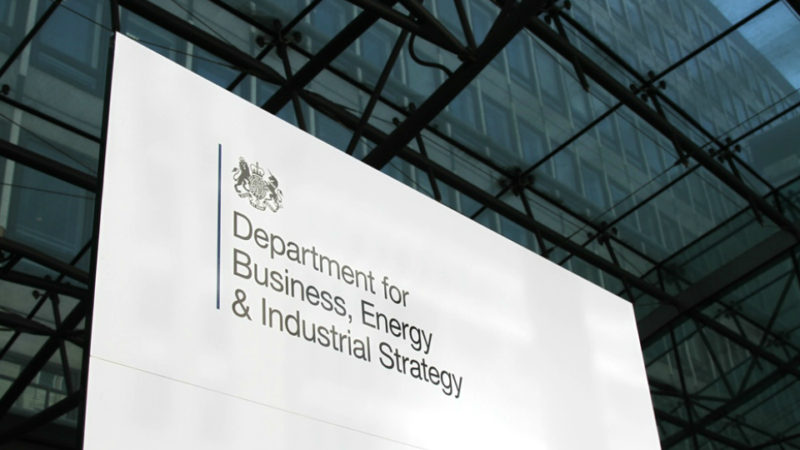Is the BBC governable?
In the current crisis faced by the BBC, the UK’s licence fee paid state broadcaster, as it lurches from one quagmire to another, Lopa Patel examines whether the corporation is governable. Please note that that views presented below are those of the author and do not reflect the views of Diversity UK. This post has been republished with permission.

Chair of the BBC Trust
In summary of the past few weeks, the BBC Director General George Entwistle has resigned and his reported £450,000 pay-off for 54 days work has itself become a separate story; BBC’s head of news Helen Boaden and her deputy Steve Mitchell have “step aside” creating speculation about whether this means sacking or resignation; BBC insiders are complaining about over-management in the organisation, many MPs are calling for Lord Patten, chair or the BBC Trust which oversees the BBC, to resign while he himself is calling for a radical overhaul of the organisation! This debacle started with how the BBC dealt with child abuse allegations against one of its former ‘star’ presenters, followed by accusations of a cover-up by BBC executives, followed by a separate erroneous ‘Newsnight’ programme report that wrongly implicated a peer in a child abuse scandal (NB. An apology to the peer has been issued by the BBC and an out-of-court settlement has since been reached).
Acting BBC Director-General Tim Davie pledged to get a grip of the crisis engulfing the corporation, saying "one thing I don't like is where you've got messy decision making and lack of clarity," before, adding that he will be putting in a clearer structure. And therein lies the first dilemma. What kind of structure would be able to create a manageable organisation – one whose journalistic remit could be rigorously overseen and yet not be compromised by traditional “bean counters” (accountants)?
Founded on 1st January 1927, the £5 billion BBC* now employs about 23,000 people and is managed by an executive board of eleven people, six made up of the Director General as well as the head of each of the main BBC divisions and five non-executive directors, with its activities being overseen by the BBC Trust, of which Lord Patten is the current chair. The BBC Trust, comprising twelve independent board members drawn from broadcasting and the business world, is the governing body of the BBC and is operationally independent of its management structure. The BBC Trust aims to act in the best interests of licence fee payers although it is at “arms length” from day-to-day operations of the BBC. The management structure at the BBC was described by Channel 4 News presenter Jon Snow as “labyrinthine”. David Dimbleby, one of the BBC's most distinguished broadcasters, attacked the corporation's “layers of management as bonkers and gobbledegook” in an interview with The Telegraph newspaper. Veteran BBC broadcaster John Simpson said of the Director General’s job “the job is simply too big, and nowadays involves too many branches for personal oversight.”




